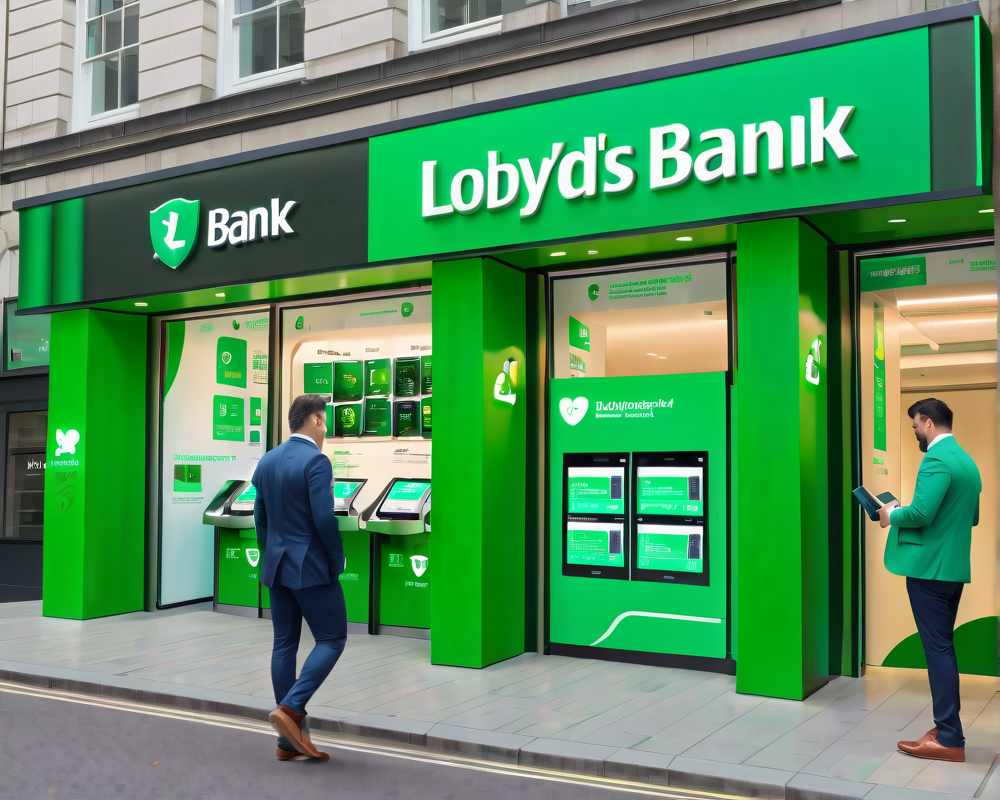The Blockchain Revolution in Banking
In a world where money seems to move faster than our coffee orders, Lloyds Bank is jumping onto the blockchain bandwagon. The bank, known for its legacy in the United Kingdom as one of the “Big Four,” is joining forces with Komgo, a blockchain platform. This partnership aims to zap some of the dreaded tedium out of international commodity trade finance.
Why Blockchain?
Why, you ask? Well, consider this: managing trade finance can make assembling IKEA furniture look easy. The process historically drags on for an eternity—think over 100 days to trade a single commodity! With all that paperwork and a multitude of players involved, it can feel like a horror movie where paperwork is the villain. By utilizing blockchain technology, Lloyds aims to digitize and streamline this process, making it more efficient and secure.
How Komgo Makes It Happen
The Komgo platform uses Distributed Ledger Technology (DLT) to facilitate a range of trading activities—from letters of credit to KYC management. Imagine having a magic wand that decreases paperwork while fighting off fraud. That’s the kind of sorcery Komgo brings to the table!
- Speed: Quicker transactions that can theoretically help cut down on the 100-day fiasco.
- Security: Thanks to its decentralized nature, the data is more secure.
- Efficiency: Businesses can exchange information seamlessly—think of it as an express lane for trade documentation.
Expert Opinions
Gwynne Master, the Managing Director for Lloyds Bank’s commercial banking division, expressed just how essential this innovation is for commodities clients. “Faster turnaround times and streamlined processes are essential requirements for our customers,” he stated. So, it seems we can expect to see some coffee cups emptied as they race to fiddle with less paperwork!
The Bigger Picture
If you thought mega-banks were only concerned with traditional financial assets, think again. In related developments, figures like Peter Wuffli, former CEO of UBS, are now shifting their focus toward cryptocurrencies. As interest grows, so does the need for banks to innovate and adapt. Talks around crypto assets are gaining traction like a viral TikTok dance, leaving many banks to ponder whether this phenomenon is a temporary trend or a harbinger of substantial transformation.
The Takeaway
Lloyds Bank’s partnership with Komgo is only the tip of the iceberg when it comes to blockchain’s potential in the banking world. If this initiative proves successful, other banks might be scrambling to leapfrog onto the blockchain bus—just hopefully without the decades of paper trails. In the end, we can only hope that these innovations lead to fewer headaches for both banks and their customers alike.















+ There are no comments
Add yours